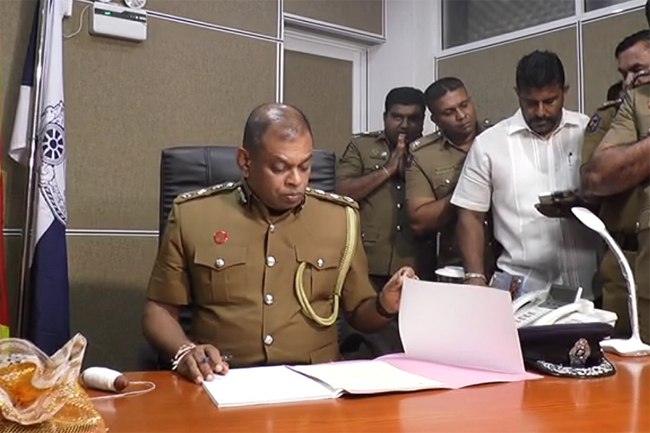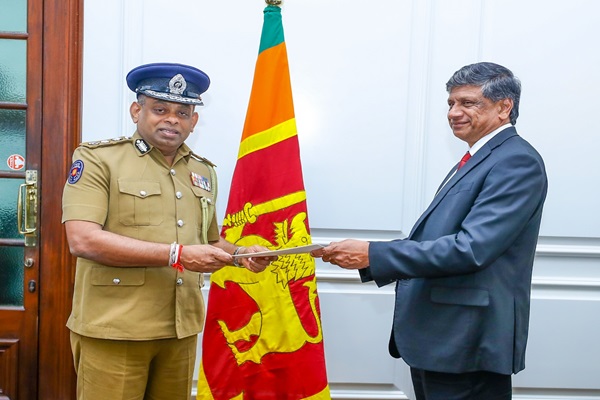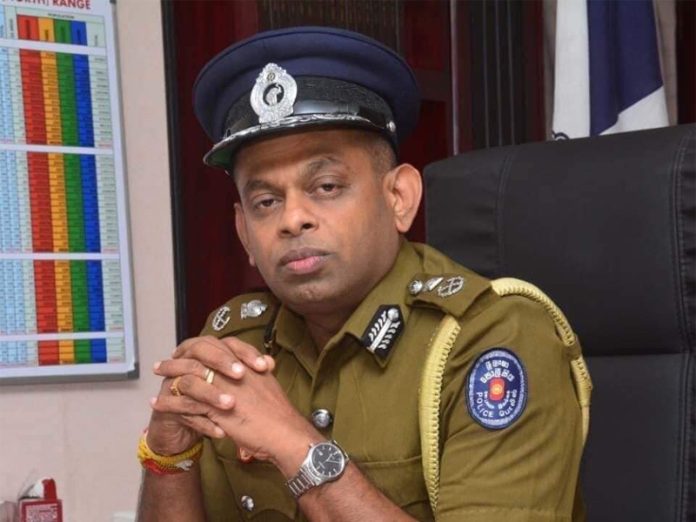Tennakoon Mudiyanselage Wanshalankara Deshabandu Tennakoon (born 7 March 1971), known as Deshabandu Tennakoon , is a Sri Lankan police officer whose career has been marked by both notable achievements and significant controversies. As the current Inspector General of the Sri Lankan Police, Tennakoon’s journey reflects a complex mix of dedication to law enforcement and contentious incidents.
Early Life and Career
Born in 1971, Deshabandu Tennakoon received his early education at Nalanda College, Colombo. He later graduated from the University of Colombo with a bachelor’s degree, followed by a master’s degree from the University of Kelaniya. In 1998, Tennakoon joined the Sri Lanka Police service, starting his career as an apprentice Assistant Superintendent of Police. Over the years, he rose through the ranks, eventually serving as the Senior Deputy Inspector General of Police (SDIG) in charge of the Western Province.
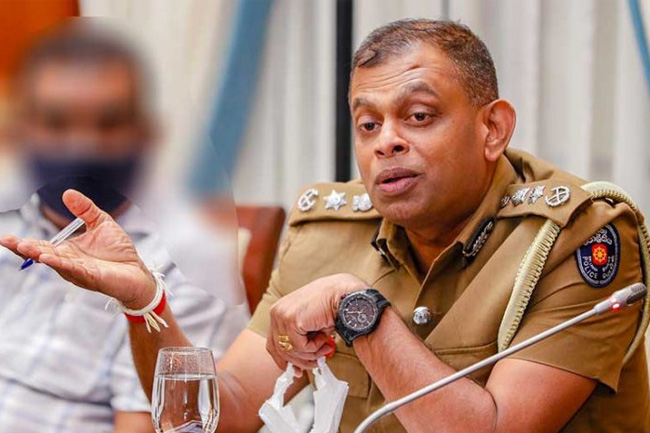
Black Monday Attacks
Deshabandu Tennakoon’s name became widely known in the Sri Lankan media following the events of Black Monday. Reports suggested that Tennakoon was allegedly present at two protest sites that were attacked on this day, raising questions about his involvement and responsibilities during these incidents.
Mob Assault
While serving as the SDIG in charge of the Western Province, Tennakoon faced a personal ordeal on 10 May 2022. The day after the Temple Trees, the official residence of the Prime Minister, was attacked by protesters on Black Monday, Tennakoon was physically assaulted on the street at Perahera Mawatha. He was attempting to leave the area in civilian clothing when he was attacked by a mob. Policemen eventually rescued him and admitted him to the hospital.
Appointment as Inspector General of Police
Despite the controversies, Deshabandu Tennakoon’s career continued to advance. On 29 November 2023, President Ranil Wickremesinghe appointed Tennakoon as the acting Inspector General of Police. This appointment became permanent on 26 February 2024.
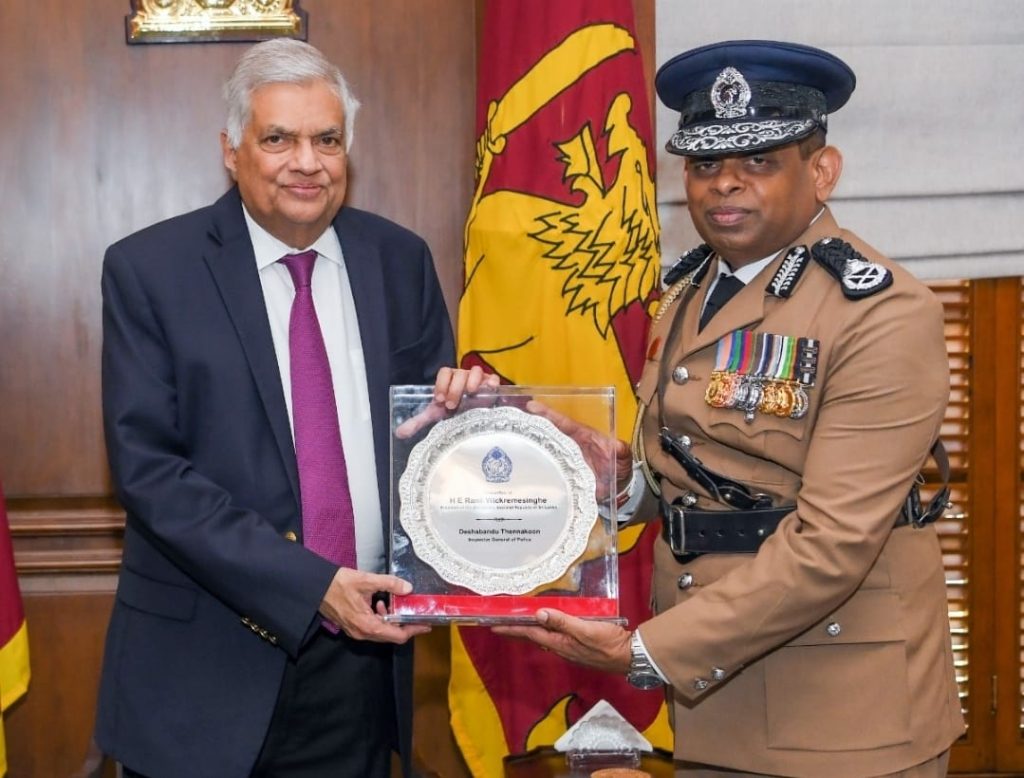
However, Tennakoon’s appointment was not without contention. On the same day, Leader of the Opposition Sajith Premadasa claimed that the Constitutional Council, which oversees high-level appointments, saw only four votes in favor of Tennakoon’s appointment, with two votes against and two abstentions. Premadasa argued that the Speaker of Parliament, Mahinda Yapa Abeywardena, who voted in favor, did not have the right to vote unless there was a tie, rendering the appointment potentially illegal.
Conclusion
Deshabandu Tennakoon’s journey to becoming the Inspector General of the Sri Lankan Police is a story of ambition, resilience, and controversy. His career, marked by significant achievements and serious allegations, reflects the complexities and challenges faced by law enforcement officials in Sri Lanka. As he continues to lead the police force, Tennakoon’s actions and decisions will undoubtedly remain under close scrutiny, shaping his legacy in the years to come.
